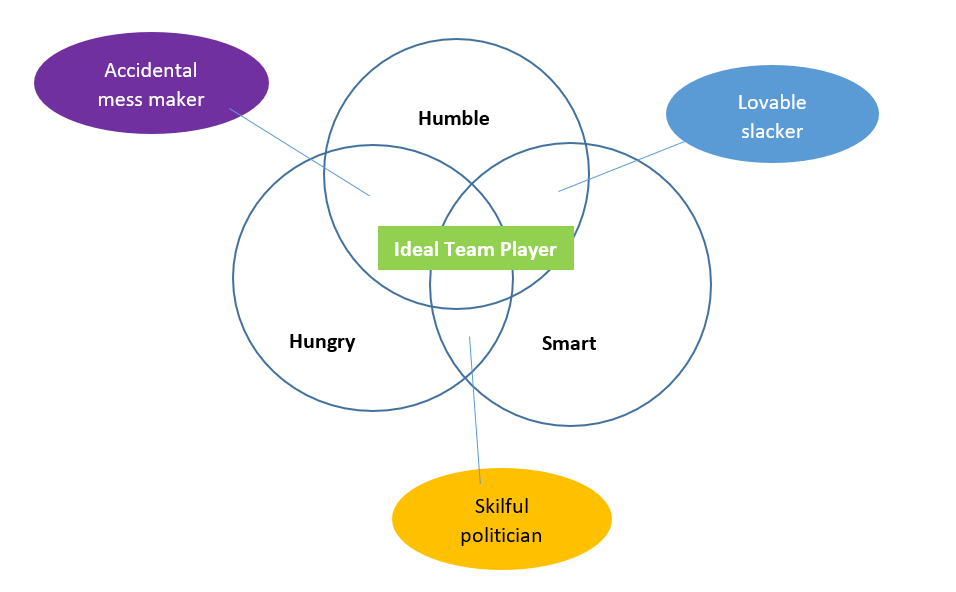Recently I participated in an interactive webinar with Patrick Lencioni who is a well known author and speaker on management and leadership topics. His view is that the goals of a leader are to make the organisation smart and to make it healthy. Lencioni also holds the view that healthy organisations learn how to be smart but many don’t achieve that because they have a poisonous culture. (Strong words right?!) Regardless of the language used I agree with the principle that if you get the culture right many good things will follow. So how to have a healthy organisation?
Lencioni reckons there are four disciplines of a healthy organisation:
- Build a cohesive leadership team
(Some years ago I remember Naomi Simson of Red Balloon fame saying “where your leadership team goes so to does the business”.) - Create clarity
Of course the leadership team must be aligned on this clarity and Lencioni suggests it must be able to answer these questions:
Why do we exist?
How do we behave?
What do we do?
How will we succeed
What’s important right now?
Who must do what? - Over communicate clarity
You can never really talk about this too much! - Reinforce clarity
Embed the 6 questions above into the very DNA of the organisation – recruit based on them and recognise those who truly live the values.
These things are arguably common sense. If you have a united leadership team clear on where it is going, what it believes in, and how it is going to get there ,then that is a precedent for success. I know when I facilitate planning days for firms that (amongst other things) is what I am looking for.
According to Lencioni a key part of having a high performance culture is having team players and he has a view as to the characteristics of an ideal team player. The diagram below shows that the ideal team player is:
- Humble
Concerned with the greater good, don’t try to take the credit and love a team win - Hungry
Strong work ethic to go above and beyond – motivated and diligent - Smart
This is not about intellect but rather have common sense around people, exercise good judgment, or as some would call it, are emotionally intelligent
Interestingly Lencioni is insistent that you must have all three of these and to compromise is setting your organisation for trouble!
The diagram below shows the various combinations of the three characteristics.

If you only get humble and smart you get a lovable slacker
If you only get humble and hungry you get an accidental mess maker
If you only get hungry and smart you get a skilful politician – the most dangerous of all!
Lencioni provides a few tips on hiring:
- Don’t focus on technical ability ahead of behaviours and attitude
- Adopt a different approach to interviews – for example go shopping with a candidate
- Ask the same question more than once if you are not sure you got a genuine answer
- Take them to lunch and ask ahead of time for the café to bring them the wrong meal to see how they react! (Not sure cafes wanting to protect their reputation would be up for this!)
I think all of these are reinforcing what many people practice – look for “fit” first and if that is not there the technical skills are irrelevant. Another thing I often ask firm owners is how many of your current team would you enthusiastically rehire if you were starting from scratch. If there are any people you would not, then what are you doing to develop them to a stage where you would, or if that Is not possible, helping them to find another role elsewhere that is a better match for them?
If you’d like to learn more about this topic from Patrick Lencioni, go here: Managing People | The Table Group

